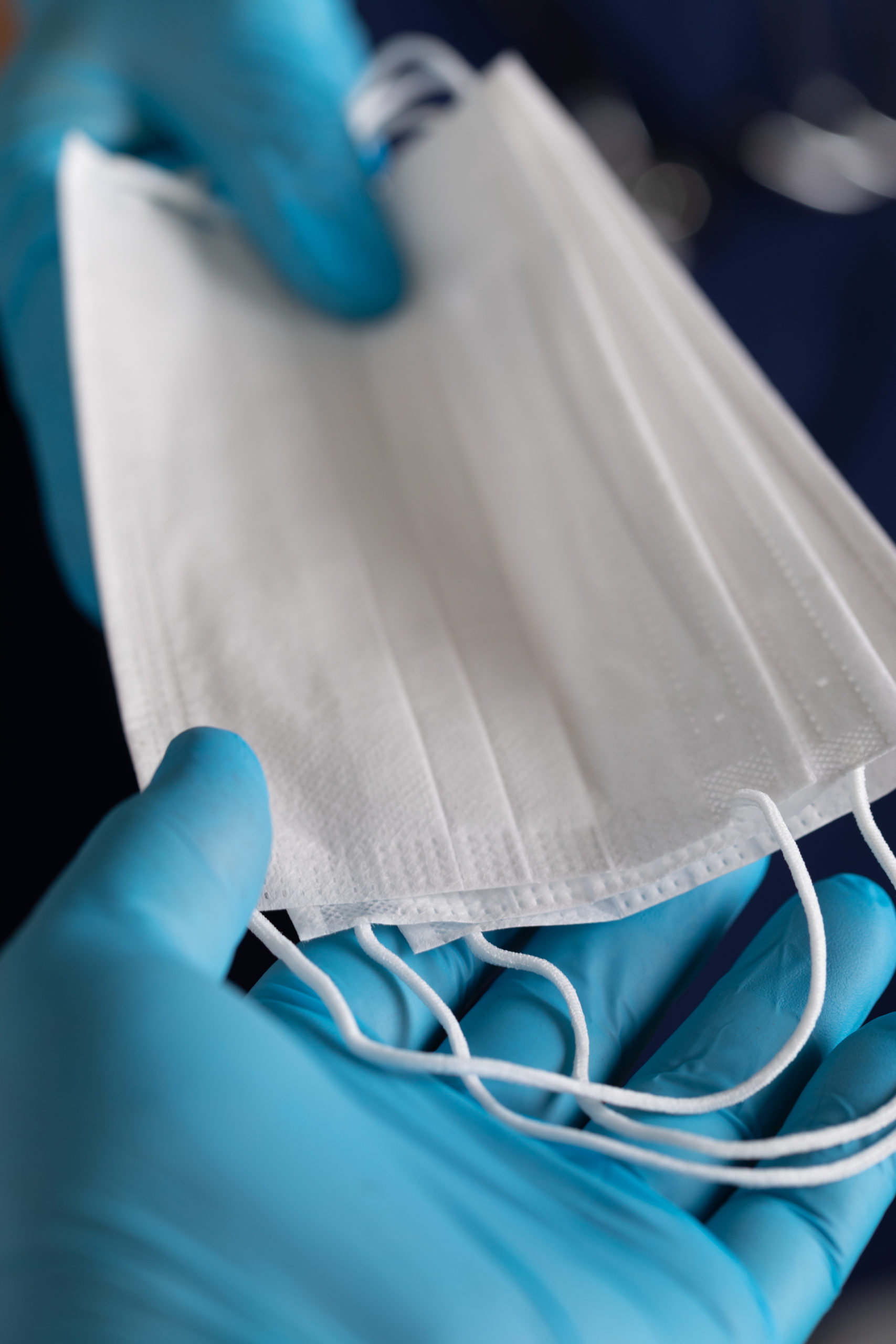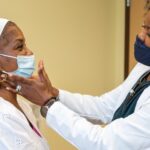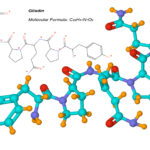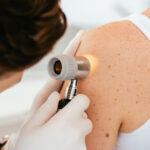Courtesy of Cancer Talk, Roswell Park Comprehensive Cancer Services Blog
It’s become a common sight — wearing medical gloves everywhere — the grocery store, doctor’s appointments, and outings to protect against COVID-19. But it is a practice that medical experts say we should stop.
Medical gloves are necessary personal protective equipment (PPE) for physicians, nurses, and other healthcare workers while on the job, but wearing them in the community for daily life increases your risk for contracting the virus, explains Jillianna Wasiura, Infection Control Coordinator at Roswell Park. “The virus and other germs get on the gloves as easily as they would your hands.”
Healthcare workers change their gloves after each patient interaction, after handling equipment, and before moving to another task or patient. They also follow a technique for removing the gloves ensuring the contaminated outside of the gloves doesn’t touch their skin or wrists. Before donning new gloves, they wash and sanitize their hands.
Imagine the virus is red paint, and each time you touch something with gloved hands, more paint gets on them. You scratch your face or eyes, drive your car, open a store door, push a cart, select groceries, brush hair from your eyes, talk to a neighbor, sneeze into a tissue, pay for groceries, and respond to a text or phone call. That red paint is everywhere, and you helped spread it from the door, to the cart, to your face, and to your phone.
“This is cross-contamination,” explains Wasiura. “Even if you could change gloves between each task, if you’re not washing your hands and using sanitizer before and after each new pair, you’re not protecting yourself. It is important to break the chain of infection from each touch point by performing hand hygiene between each.”
Another problem with gloves is they only cover your hands. The virus doesn’t get into your body through skin on your hands. The point of entry is through the eyes, nose, or mouth, and passed along mainly through respiratory droplets from an infected person who isn’t masked and coughing, sneezing, or talking, and those droplets land on you when you’re within six feet of that person. Because the virus can linger on surfaces, you can also become infected by touching a surface contaminated with COVID-19, and then touching your nose, mouth, or eyes. To break the chain and spread, you must stay at least six feet away from others, and wash or sanitize your hands frequently.
Wearing gloves provides a false sense of security. “If you’re wearing gloves, you’re probably not washing your hands and sanitizing as often. If you go anywhere wearing gloves, you bring in the germs from everything you touched on your way. That’s why we insist that patients and visitors use sanitizer upon entering and throughout their visit,” says Wasiura. To protect yourself stay home as much as possible; stay six feet apart from others; don’t touch your face, nose, or mouth; disinfect surfaces regularly; and wash your hands frequently.
Roswell is doing everything possible to keep the community and patients informed. Learn more at https://www.roswellpark.org/patientwebinars.












